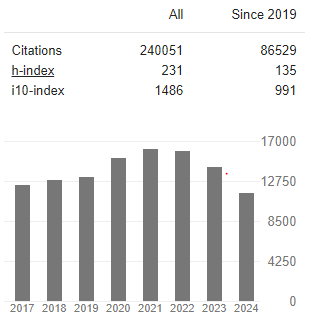What Impact Have SARS-CoV 2/Covid 19 Pandemic induced lockdown on the number of OPD patients of Diabetes, Hypertension, Stroke (CVA), Acute Hear Disease, Mental Illness, Epilepsy, Ophthalmic, Dental and oncology in India during the lockdown months (April-May-2020) Observational Research Analysis
Abstract
Piyush Kumar
The First human case of the covid-19 global pandemic was reported from Wuhan city of China in December 2019. On 27th January 2020, India found a suspected case of covid-19 in Kerala with a recent travel history of Wuhan; china. The suspected case was reported as positive by the National Institute of Virology located at Pune in Maharashtra, India on January 30, 2020 as positive for COVID-19 infection. This was the first documented COVID-19 case in India. The government of India responded to this novel disease by enforcing nationwide lockdown starting on 25/03/2020 and ending on 31/05/2020. In this retrospective observational quantitative and qualitative study I have done assessment of the impact of covid-19 lockdown measures on OPD health services for some important non communicable diseases. The data is collected, observed, analyzed for the years 2020 and 2019 and the lockdown period of April-May 2020 is compared with the same duration of 2019 (excluding period of 7 days of lockdown in march) . The OPD (outpatient Department) services for the patients of Diabetes, Hypertension, Stroke (CVA), Acute Heart Disease, Mental Illness, Epilepsy, Ophthalmic, Dental and oncology were selected for this observational retrospective study-analysis. In version 2 time series analysis (longer period) will be applied to test the significance of difference between pre and post intervention (lockdown). The study found as compared to 2019 when lockdown and pandemic was not in existence, 2020 lockdown period have notable reduction in various OPD health services. The study have derived conclusion that lockdown reduced number of OPD patients and hence reduced access to the health services for non-communicable disease which is the major burden of disease in India as well as at global levels. In the final conclusion the author feel the need of more emphasis and priority for NCDs care in any situations of emergency like pandemic and natural calamities, lockdowns etc which usually disrupt routine healthcare. Routine healthcare is very essential in context of chronic diseases which can be converted to acute emergency conditions like CVA.



